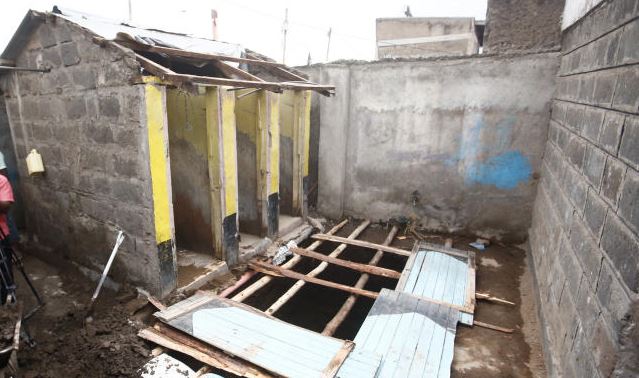×
The Standard e-Paper
Informed Minds Prefer The Standard

If you pay rent of Sh2,500 or less every month, you are safe from your landlord’s attempts to suddenly increase your charges even if he or she wakes up on the wrong side of the bed.
The landlord would have to first visit a tribunal, which would guide on the procedures of altering the rent - but even then, you can revel in a safety net not every other tenant enjoys.